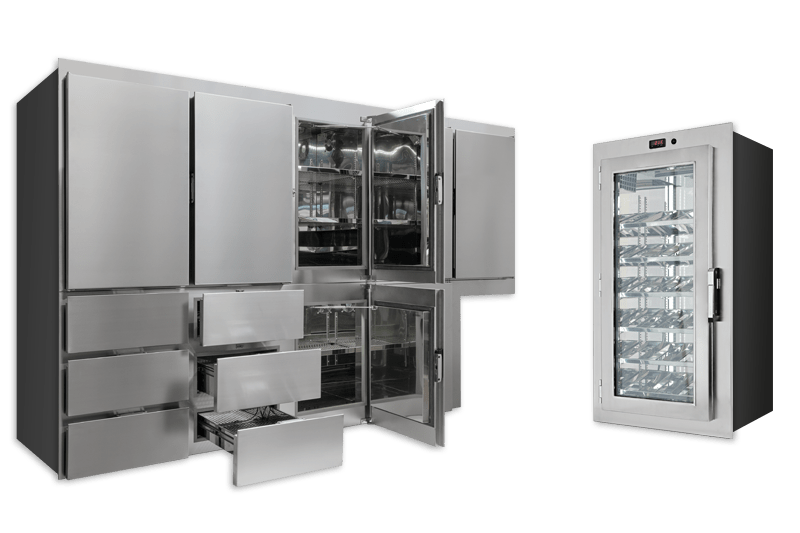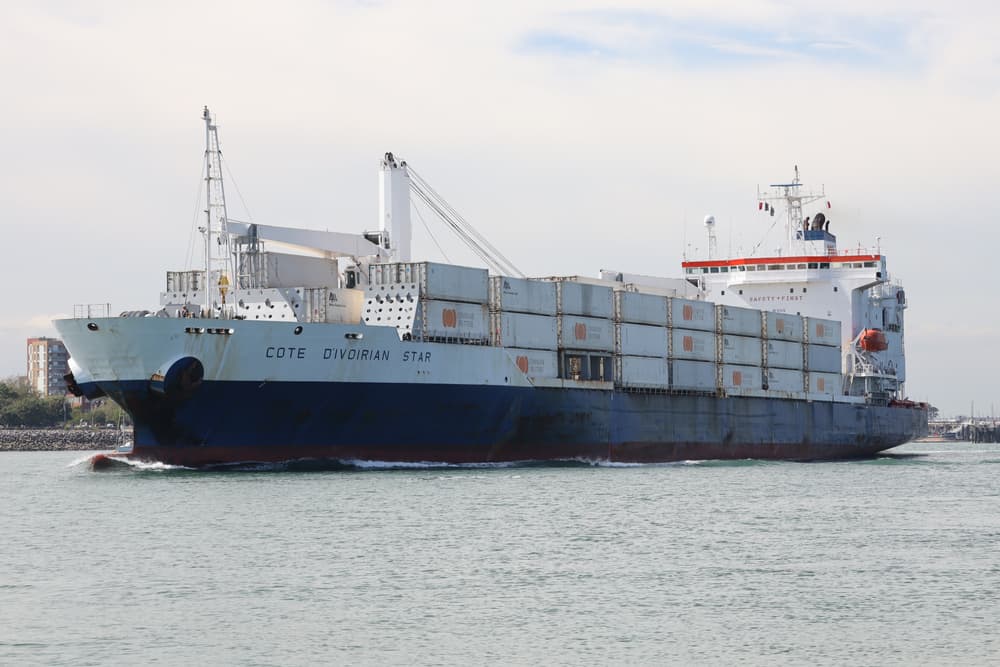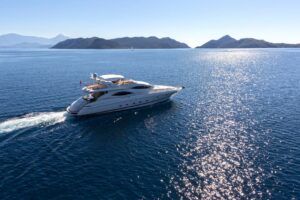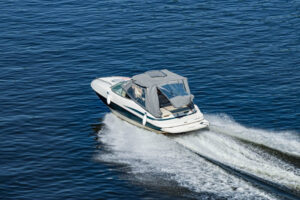Marine refrigerators are essential components of any boat or yacht, providing a vital cooling source to keep items onboard fresh and perishable items safe for consumption. Many different types of marine refrigeration systems are available, depending on the size and type of vessel, with each offering unique features and benefits.
In this article, we’ll look at some of the most common types of marine refrigerators to help you decide when choosing a system for your boat or yacht.
Types of Marine Refrigeration Units

Self-Contained Units
Self-contained units are popular for small boats, as they require minimal installation and take up very little space. Ideal for refrigerated food storage, these units are generally powered by 12V or 24V DC and use thermoelectric cooling technology to maintain temperatures between 0°C and 10°C.
Thermoelectric Units
Thermoelectric refrigeration is a unique cooling system that runs on 12v DC power and uses the Peltier effect rather than any refrigerant. While these noiseless units have almost zero maintenance needs and simple installation, they are only for some boats due to their low efficiency compared to other types. They can cool boxes down by 40-50 degrees lower than ambient temperature; however, this won’t be enough in tropical areas or hot climates, potentially making them impractical for drain power usage.
Holding Plate Systems
These systems are the most common type of marine refrigeration and are often used for larger vessels. They use a large evaporator plate to store cold air, circulated throughout the boat using fans to maintain consistent temperatures. This method requires more space than other types of marine refrigerators, but it is well-suited for extended trips and warmer climates.
Compressor Units
These are the most efficient type of marine refrigeration and use chemical-based cooling systems powered by 230V/50Hz AC power. Compressor units come in various sizes and can be used for refrigerator and freezer applications, making them an ideal choice for larger vessels or those traveling longer distances. The only downside is that they require a more significant installation process and are more expensive than other types of units.
How to Know Which Type to Choose?
Knowing what is the best marine refrigeration system to choose for your boat or yacht can take time and effort. The best way to determine what is right for you is to consider the size of your vessel, its intended uses, and the climate in which it will operate.
Self-contained units are ideal for small boats and those who don’t need significant cooling capabilities, whereas compressor units are best for larger vessels operating in hotter climates. Ultimately, your choice should depend on the size of your boat and its intended use.
No matter which type of marine refrigerator you choose, it is important to regularly maintain and inspect the unit to ensure it runs efficiently and safely. Keeping up on regular maintenance will ensure that you get the most out of your system and can help to extend its lifespan.
It’s also important to make sure that you follow all manufacturer instructions when installing, operating, and maintaining your marine refrigerator. This will help to ensure its longevity and keep you safe from any potential risks associated with improper installation.
Quality Marine Refrigeration Systems!
Marine refrigeration is an important component of any vessel, ensuring that food and other supplies remain safe while at sea. There are a variety of marine refrigerators on the market today, each with unique features and benefits.
Cruise RO Water and Power provides the best quality water makers, marine refrigeration, and off-grid systems. Our experienced team of professionals is dedicated to providing superior customer service and top-of-the-line products. Whether you’re looking for a small self-contained unit or a larger compressor system, our experts can help you find the perfect solution for your boat or yacht. Contact us today to learn more about our selection of marine refrigeration systems.




